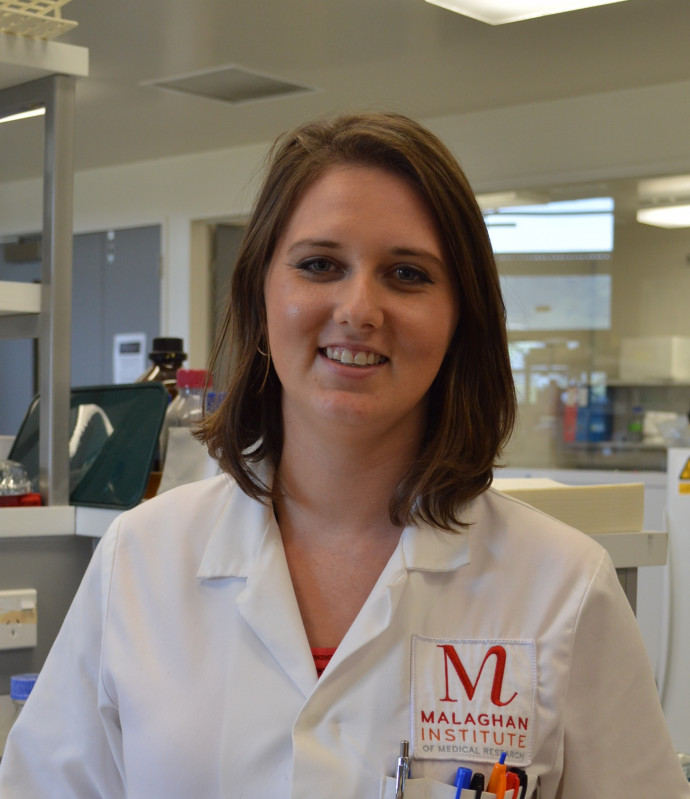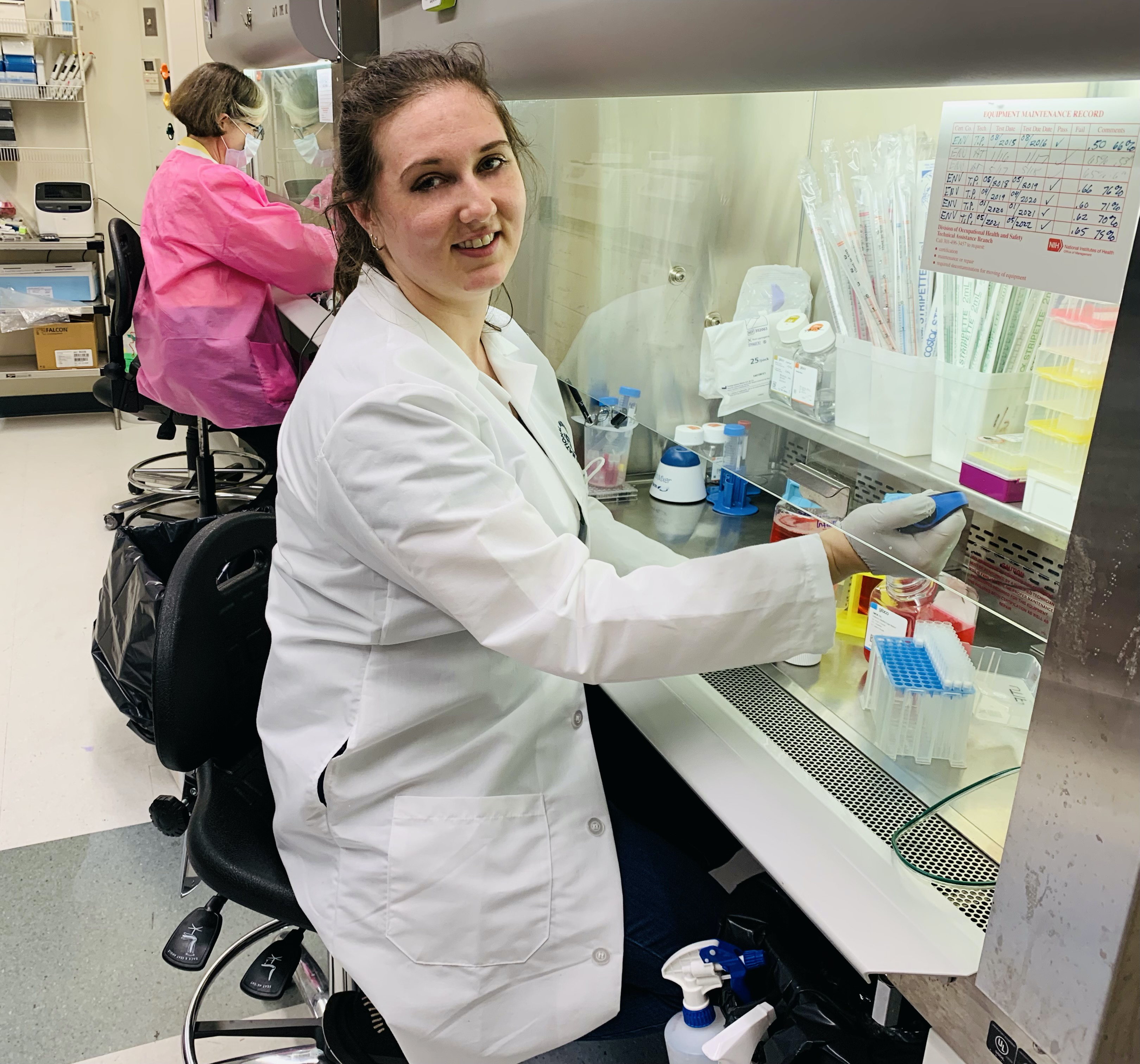Kerry Hilligan

2021: Dr Kerry Hilligan, Malaghan Institute of Medical Research, has been awarded a Rutherford Foundation Postdoctoral Fellowship for research entitled: ‘Improving long-term population health through education of the innate immune system.’
A properly trained immune system protects us against a diverse range of pathogens – including viruses, bacteria and parasites. Early-life exposure to such germs is thought to be essential for the development of a healthy immune system. Most studies exploring this concept have looked at the role of the harmless bacteria that live inside the human gut, skin and lungs. However, there is emerging evidence that early-life exposure to other germs, including disease-causing pathogens, may be critically important for educating the immune system on how best to react to serious infectious diseases.
People living in developed countries, such as Aotearoa, have less exposure to germs due to increasing urbanisation and high standards of hygiene. But reduced early-life exposure to these immune-stimulating germs coincides with an increase in unwanted immune responses that cause allergies and autoimmune disorders, suggesting a possible link between these phenomena.

Dr Hilligan working in a Biosafety Cabinet that maintains a sterile environment for cell cultures and biological samples (Photo: Supplied)
During this Rutherford Foundation Postdoctoral Fellowship, Dr Hilligan will investigate the importance of exposure to different germs, and how this relates to the likelihood of developing allergy and autoimmune diseases. This research will determine how different types of germs educate the immune system in different organs. Identification of the key signalling pathways will allow Dr Hilligan to pinpoint the optimal balance between control of infectious disease, while limiting allergy and autoimmune disease. This will lead to the development of strategies for educating the immune system in a safe and effective way, without exposure to potentially harmful pathogens.
